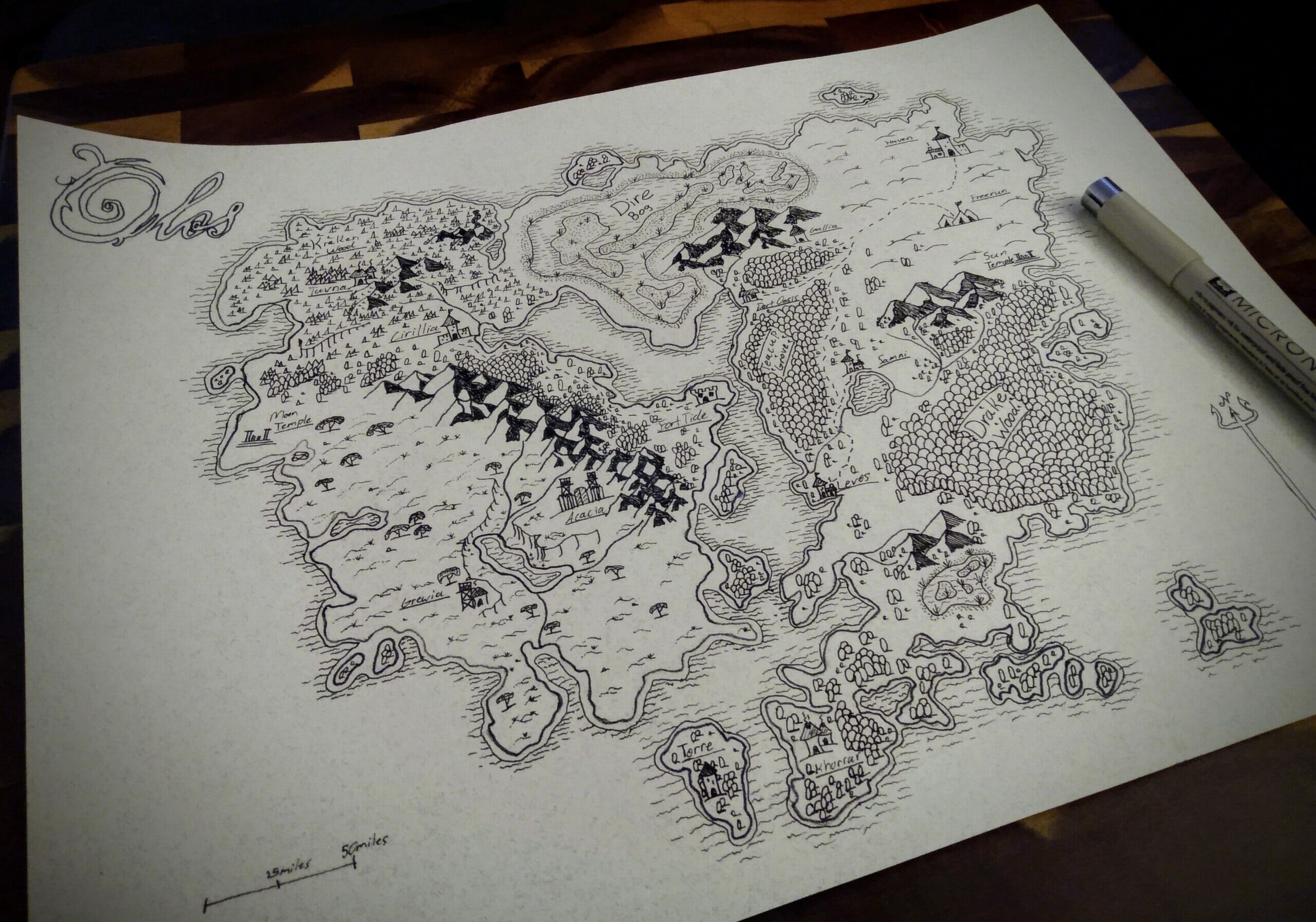Not all books are cookie-cutter. Some strike unbelievable levels of controversy – and there is always something to be learned from controversial books.
So what are the most controversial books of all time, and what can we learn from them?
Today we will be discussing some of the most banned books across different genres, what makes/made them so controversial, and what insights we can take away from their much-debated pages.
1. The Satanic Verses by Salman Rushdie
Publish Date: September 26, 1988
Banned?: Yes, The Satanic Verses is banned in Iran, Pakistan, Bangladesh, and was temporarily banned in India.
Summary
If you want to learn how to write a book that strikes controversy, look no further than Salman Rushdie’s The Satanic Verses. This novel follows the lives of two Indian expatriates, Gibreel Farishta and Saladin Chamcha, who survive a terrorist attack on their plane but are transformed in strange ways.
The book is one of the most controversial books because of its portrayal of Islam and its prophet Muhammad. Many Muslims found it blasphemous, leading to protests and the issuing of a fatwa against Rushdie by Ayatollah Khomeini of Iran.
What We Can Learn
The Satanic Verses offers insights into the complexities of religion, cultural identity, and the freedom of expression. It prompts readers to reflect on their own beliefs and the broader societal dynamics at play.
2. Lolita by Vladimir Nabokov
Publish Date: September 1, 1955
Banned?: Yes, Lolita has been banned in various places over the years due to its controversial content.
Summary
Lolita is narrated by Humbert Humbert, a middle-aged literature professor, who becomes sexually obsessed with a 12-year-old girl named Dolores Haze, whom he nicknames “Lolita.” The story follows their relationship as they travel across the United States.
The book’s subject matter—pedophilia and obsession with a minor—is highly controversial and has sparked debates about censorship and the portrayal of taboo subjects in literature.
What We Can Learn
Lolita naturally sparks discussion about morality, the nature of desire, and the power dynamics in relationships.
3. 1984 by George Orwell
Publish Date: June 8, 1949
Banned?: Yes, 1984 is banned in some countries where authoritarian regimes are in power.
Summary
Set in a dystopian future, 1984 follows Winston Smith, a low-ranking member of the ruling Party in London, as he navigates life under the oppressive regime of Big Brother. Winston rebels against the Party’s totalitarian control and engages in a forbidden love affair.
The book is considered one of the most controversial books of all time in a number of countries. It has been banned for its critique of authoritarianism, surveillance, and censorship.
What We Can Learn
1984 serves as a warning about the dangers of totalitarianism and the importance of safeguarding our individual freedoms.
4. Tropic of Cancer by Henry Miller
Publish Date: January 1, 1934
Banned?: Yes, Tropic of Cancer is banned in the United States.
Summary
Tropic of Cancer is a semi-autobiographical novel that depicts the experiences of a struggling American writer living in Paris in the 1930s. It is known for its explicit depictions of sex.
The Tropic of Cancer has earned its spot on our list of controversial books for its perceived obscenity, which has led to legal battles over censorship.
What We Can Learn
Tropic of Cancer offers a raw and unfiltered exploration of life, art, and sexuality. Through Miller’s unapologetic prose and vivid portrayal of Paris in the 1930s, readers confront themes of existentialism, freedom, and the struggle to find meaning in a chaotic world.
Related: 15 Autobiography Examples to Inspire Your Own
5. Sophie’s Choice by William Styron
Publish Date: January 1, 1979
Banned?: Yes, Sophie’s Choice has been banned in South Africa and in some high school in the United States.
Summary
Sophie’s Choice is about a young writer named Stingo who befriends a Polish immigrant (Sophie) and her lover in Brooklyn after World War II. Sophie reveals a heartbreaking secret from her past involving a choice she was forced to make in a concentration camp.
While not as controversial as some other titles on this list of controversial books, the novel has faced criticism for its portrayal of Holocaust survivors and the moral dilemma presented in Sophie’s choice.
What We Can Learn
Reading Sophie’s Choice can illuminate the profound impact of trauma on individuals and the complexities of guilt and survival. Through Sophie’s wartime experiences and agonizing moral dilemma, readers confront the depths of human suffering and the enduring scars of history.
6. The Catcher in the Rye by J.D. Salinger
Publish Date: July 16, 1951
Banned?: Yes, The Catcher in the Rye has been banned in various schools and libraries in the United States.
Summary
The Catcher in the Rye follows Holden Caulfield, a disillusioned teenager expelled from prep school, as he navigates through New York City. Holden actively grapples with his alienation and the phoniness he perceives in the adult world.
The book has been banned in many schools and libraries due to its profanity, sexual content, and themes of teenage rebellion – earning it the title of one of the world’s most controversial books.
What We Can Learn
Reading The Catcher in the Rye can give us great insights into the search for authenticity during the transition to adulthood.
7. The Bell Jar by Sylvia Plath
Publish Date: January 1, 1963
Banned?: Yes, The Bell Jar has been banned by the Indiana School Board and various other high schools in the United States.
Summary
The Bell Jar is a semi-autobiographical novel about Esther Greenwood, a young woman struggling with mental illness. It follows her descent into depression and how Ester grapples with societal expectations for women in the 1950s.
While not widely banned, The Bell Jar is still considered one of the most controversial books and has been challenged in some schools due to its themes of mental illness, suicide, and female sexuality.
What We Can Learn
While The Bell Jar is extremely tough to read (and not recommended if you are currently struggling with depression or suicidal thoughts), the book sheds light on the stigma surrounding mental illness and the pressures faced by women in society.
8. The Chocolate War by Robert Cormier
Publish Date: January 1, 1974
Banned?: Yes, The Chocolate War is banned at some schools in the United States.
Summary
The Chocolate War centers around a high school student who defies a secret society called the Vigils when he refuses to sell chocolates for their annual fundraiser. This sparks a conflict with the school administration and his peers to horrifying effects.
The Chocolate War is considered one of the most controversial books because of its depiction of violence and bullying as well as its dark themes.
What We Can Learn
The Chocolate War reveals the consequences of conformity, bullying, and the abuse of power, particularly in a school setting. Through the main character’s resistance against the corrupt system, readers confront themes of peer pressure and the importance of standing up for your beliefs.
9. To Kill A Mockingbird by Harper Lee
Publish Date: July 11, 1960
Banned?: Yes, To Kill A Mockingbird is banned in some libraries and schools across the United States.
Summary
Set in the racially charged atmosphere of the American South in the 1930s, To Kill A Mockingbird tells the story of young Scout Finch as her lawyer father defends a black man falsely accused of raping a white woman.
The book has faced challenges and bans in some schools and libraries due to profanity and the use of racial slurs – making it one of the most controversial books.
What We Can Learn
To Kill A Mockingbird smartly addresses issues of racism and the importance of standing up for what is right, even in the face of strong adversity.
10. The Da Vinci Code by Dan Brown
Publish Date: March 18, 2003
Banned?: Yes, The Da Vinci Code has been banned or severely rated by India, the Philippines, and the Vatican, as well as many religious institutions.
Summary
The Da Vinci Code follows symbologist Robert Langdon and cryptologist Sophie Neveu as they unravel a conspiracy involving the Catholic Church and a number of secret societies.
This is one of the most controversial books with religious groups because of its portrayal of Christianity and some glaring historical inaccuracies.
What We Can Learn
Let’s be honest, The Da Vinci Code is just plain fun to read! But it also explores themes of religious belief, the power of secrets, and the intersection of faith and history.
11. Ulysses by James Joyce
Publish Date: February 2, 1922
Banned?: Yes, Ulysses is banned in the United States and Ireland.
Summary
Set in Dublin over the course of a single day, Ulysses parallels the journey of its protagonist, Leopold Bloom, with Homer’s epic poem, The Odyssey.
Ulysses is arguably one of the very most controversial books because it faced obscenity trials and was banned in several countries, including the United States and Ireland, for its explicit language and sexual content.
What We Can Learn
Ulysses challenges conventional notions of storytelling and language, and celebrates the ordinary aspects of human existence.
12. Brave New World by Aldous Huxley
Publish Date: January 1, 1932
Banned?: Yes, Brave New World has been banned by some schools and libraries in the United States.
Summary
Set in a dystopian future, Brave New World is about a society where citizens are engineered and conditioned for specific roles, and where conformity and pleasure-seeking are prioritized over individuality and critical thinking.
Brave New World made our list of controversial books because it has been challenged and banned in many schools for its depictions of promiscuity, drug use, and critiques of societal norms.
What We Can Learn
Brave New World may be one of the most controversial books, but it also raises important questions about the dangers of technological advancement.
13. Lady Chatterley’s Lover by D.H. Lawrence
Publish Date: January 1, 1928
Banned?: Yes, Lady Chatterley’s Lover was banned for obscenity in the United States, Canada, Australia, India, and Japan.
Summary
Lady Chatterly’s Lover tells the story of Constance Chatterley, a young woman who embarks on a passionate affair with her husband’s gamekeeper, Oliver Mellors.
This is one of the most controversial books because of its explicit sexual content and frank portrayal of female sexuality. It faced obscenity trials and bans upon its publication.
What We Can Learn
Lady Chatterly’s Lover shows us the constraints of societal expectations and tells the importance of the pursuit of personal fulfillment and of being able to experience your own sexual awakening.
Related: The Most Common Romance Tropes in Books
14. Go Ask Alice by Anonymous
Publish Date: January 1, 1971
Banned?: Yes, Go Ask Alice has been banned in many high schools and libraries in the United States.
Summary
Presented as the diary of a teenage girl, Go Ask Alice chronicles her descent into drug addiction and the challenges she faces as she tries to break free from its grip.
Go Ask Alice is one of the most controversial books because of its graphic depictions of drug use, sex, and other sensitive topics. Some have criticized its authenticity and portrayal of drug addiction.
What We Can Learn
Go Ask Alice raises awareness about the dangers of drug addiction and peer pressure.
15. The Game by Neil Strauss
Publish Date: January 1, 2005
Banned?: No, The Game isn’t officially banned anywhere, but it has sparked a lot of debates and controversy.
Summary
The Game is a memoir that chronicles Neil Strauss’s journey into the seduction community and his experiences learning the techniques of pickup artists.
This is one of the most controversial books because of its portrayal of manipulative and often misogynistic tactics used by pickup artists to seduce women. Critics argue that it promotes toxic masculinity and unhealthy attitudes towards relationships.
What We Can Learn
The Game can provide insights into human psychology, social dynamics, and the pitfalls of seeking validation through external means. It also serves as a cautionary tale about the dangers of objectifying others and the importance of genuine connection.
16. The Subtle Art of Not Giving a F*ck by Mark Manson
Publish Date: January 1, 2016
Banned?: No, the book is not widely banned, but the title and content have sparked controversy.
Summary
The Subtle Art of Not Giving a F*ck is a self-help book that challenges conventional self-help advice by advocating for acceptance of life’s inevitable struggles and focusing on what truly matters.
This is considered one of the most controversial books for its provocative title and its blunt, no-nonsense approach to personal development, which some find refreshing (but others find off-putting).
What We Can Learn
This is a self-help book, so of course there is a lot to learn from it! It encourages readers to reassess their values, prioritize what is truly important, and develop resilience in the face of adversity.
Related: How to Successfully Write a Self-Help Book
Could You Be On the Next Controversial Books List?
While many authors specifically try to avoid rocking the boat, there are some real benefits to pushing the status quo. Controversial books get the world talking – and you want people to talk about your book!
If you have an idea that you think could make a controversial books list, why not try to write it? You never know what change you can make in the minds of readers or the world at large.
And, if you want help with your ideas, or with designing, marketing, or self-publishing your book, the team at selfpublishing.com is here to help. Book a free strategy call with our team today!
FAQs About the Most Controversial Books
What Makes A Book Controversial?
A book becomes controversial when its content challenges societal norms, beliefs, or values. Controversy can stem from themes such as sexuality, religion, politics, or violence, as well as depictions of taboo subjects.
What is the #1 Most Banned Book of All Time?
The Bible is arguably the most banned book of all time, followed by The Catcher in the Rye.
Why Should You Write a Book People Hate?
Writing controversial books gets people talking. It will get your name out there extremely quickly, and may even help to make changes to the industry or the society at large!
It’s always great if you can challenge someone to think differently. While some people will hate your book, others will love it.

























